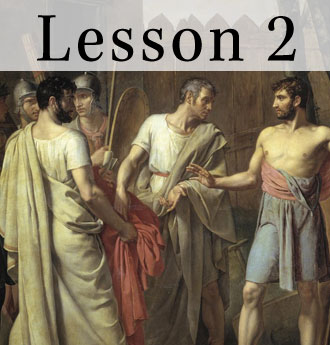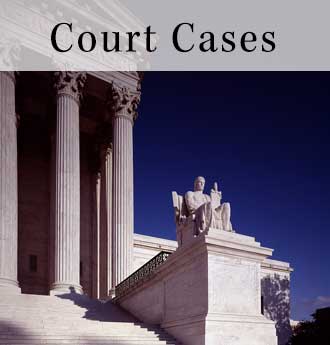Lesson 2: What Ideas about Civic Life Informed the Founding Generation?
classical republicanism The ideals and practices of ancient Greek or Roman city-states that emphasized civic participation and the responsibility of citizens for the well-being of their polity, or country. Acts by citizens that placed the public good, or common welfare, above private interest were especially prized.
common good The good of the community as a whole, as contrasted with private interests that may conflict with public interest. Also known as the public good.
consent of the governed Agreement by citizens to obey the laws and the government they create. Consent is the foundation of government's legitimacy.
divine right The idea prevalent in early modern Europe that monarchs derive their authority directly from God. Adherents to this doctrine claimed that to disobey such monarchs, to attempt to replace them, or to limit their powers is contrary to the will of God. Also known as the divine right of kings.
inalienable rights Fundamental rights inherent to being human that every person therefore possesses that cannot be taken away by government or another entity. This phrase was used in the Virginia Declaration of Rights and the Declaration of Independence. Inalienable is sometimes spelled unalienable.
natural rights The doctrine that people have basic rights, such as those to life, liberty, and property in a state of nature. Some writers, especially those influencing the American Founders, argued that certain of these rights are inalienable-inherent in being human-and that people create governments to protect those rights.
political legitimacy Acceptance by the governed that the claim to authority by those who govern is justified. In democratic societies, legitimacy is achieved only when those who govern gain power through the free consent of the governed in free and fair elections.
popular sovereignty The natural rights concept that ultimate political authority rests with the people.
pursuit of happiness An "unalienable" right stated in the Declaration of Independence. It is the right of Americans to pursue personal fulfillment in their own way, so long as they do not infringe on the rights of others.Within certain limits, this right denies the legitimacy of government to decide what kind of happiness one ought to seek.
right of revolution The right of the sovereign people of any democratic state or regime to depose a government after it has attacked citizens' basic rights for a significant period of time. This right, espoused by English philosopher John Locke, was asserted in the Declaration of Independence to justify separation from Britain and the overturning of the authority of King George III.
social contract theory Presumption of an imaginary or actual agreement among people to set up a government and obey its laws. The theory was developed by the English natural rights philosopher John Locke, among others, to explain the origin of legitimate government.
state of nature The condition of people living in a situation without government; anarchy. Natural rights philosophy inquired about what rights, moral rules, or laws applied in such circumstances and what rights, if any, people retained after agreeing to leave the state of nature to form a politically organized society or state.







